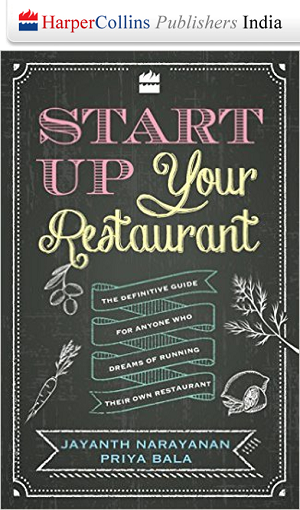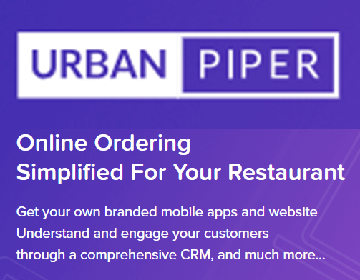
On August 15th, when the NRAI announced the #Logout campaign, asking members to pull out of agreements with third party aggregators to offer discounts to diners, there was an encouraging response from restaurateurs. Zomato chose to go on the offensive and underplay the initiative. A mail to partner restaurants said, ‘It has come to our notice that a few restaurant owners are trying to push their agenda, using the #Logout campaign. This campaign is being instigated by restaurant owners who have vested interests in not having other restaurants compete with them via Zomato Gold… We have noticed, among others, active discussions on price fixing and limited supply of services, which could constitute cartelization. We urge you to be careful and not get involved in any such discussions’
Note the choice of words: ‘instigated’ and ‘vested interests.’ Clearly, the company was trying to convince restaurants that were on the fence about Zomato Gold to continue. The marketing team also made calls to restaurants telling them it was not in their interest to support the campaign. In its initial response to #Logout, Zomato took the stand that only a small percentage of restaurants were opting out of discount schemes and dismissed it as such.
But as the campaign gathered momentum and an overwhelming number of restaurants came out in support, Zomato appeared to change its tack. CEO Deepinder Goyal stepped in, putting out a series of Tweets. One read, ‘I would also want to urge the restaurant industry to proactively look for ways to reduce operating costs, so that eating out becomes more affordable for consumers – our only objective here is to drive the growth of the restaurant industry’. Restaurateurs were, understandably, enraged. Former NRAI president and MD & CEO of Impresario Hospitality Riyaaz Amlani came back with a strong response: ‘Visionary idea as usual! Maybe we can fire restaurant workers? Or put a gun on our landlord heads to reduce rent. Or buy inferior ingredients so that we can reduce costs, and offer lower prices to accommodate your vision. Why didn’t I think of this before?’
His response summed up the sentiment of an entire industry. If Zomato had set out to paint #Logout as a step taken by a small bunch of disgruntled restaurateurs, it miscalculated. The outpouring of responses and comments from restaurateurs spoke of months of being subjected to an unfair and unjust power wielded by a company with money to burn and with no part in producing or serving food.
Perhaps on account of this overriding sentiment or, hopefully, introspection, the Zomato CEO later posted, ‘We are committed to work with the industry and make modifications to Zomato Gold which will result in a win win situation for restaurants and consumers. Just like last year, when we changed some rules around Gold after hearing about the concerns of the restaurant community.’
That sounds like a climbdown and talks between NRAI and Zomato are on the cards.
In the wake of #Logout what has emerged clearly is that a vast number of restaurateurs and chefs are driven, above all else, by passion for what they do.
Raghunandan S Prasad wrote an open letter to Zomato on a foodie group on Facebook:
‘A whole fraternity has been pissed off across the entire country! And you have the audacity to call us out for being inconsiderate to our customers?! Zomato has never waited a table in its life or cooked a meal for guests, we know what it means to serve and care for our guests.
We are generations old, we have given employment to millions . You on the other hand throw your poor delivery boys under the bus when they ask for some basic rights. Mass fire employees for not meeting your targets.’
Restaurants existed and gave joy to customers before Zomato and they will continue to do so, with or without aggregators pushing their products. While restaurateurs close ranks and demand an environment in which they can run sustainable business, diners have a crucial role to play. They must display loyalty to the restaurants they frequent. And realize that deep discounting not only hurts restaurants, it will eventually destroy the dining experience.










